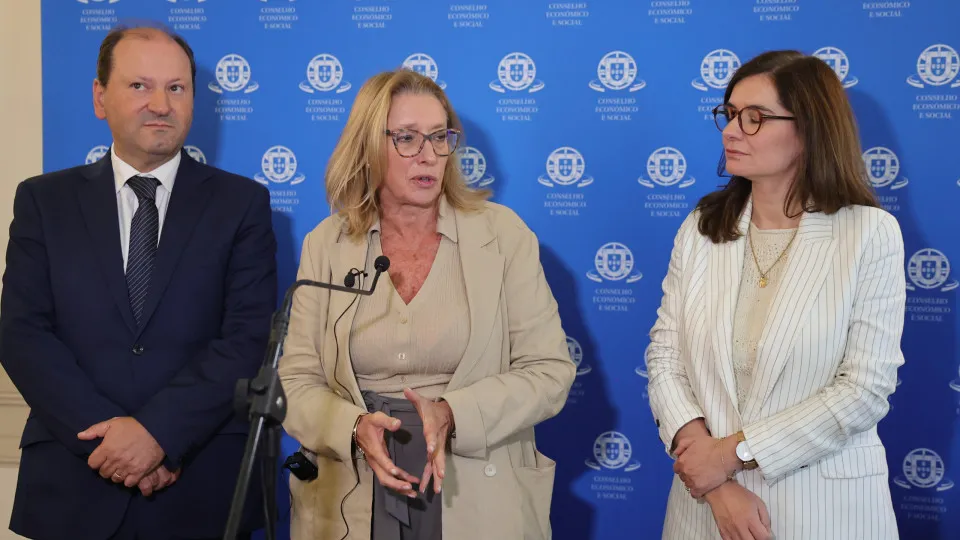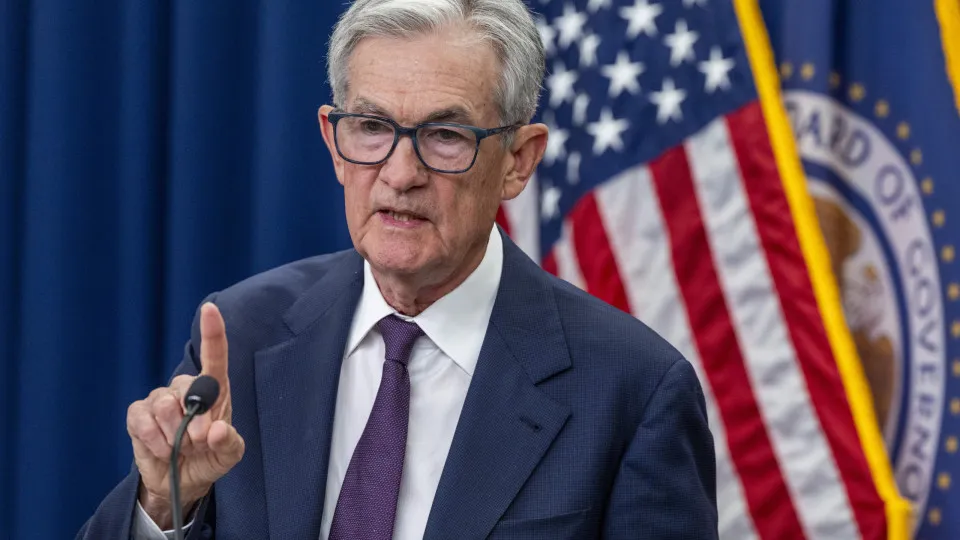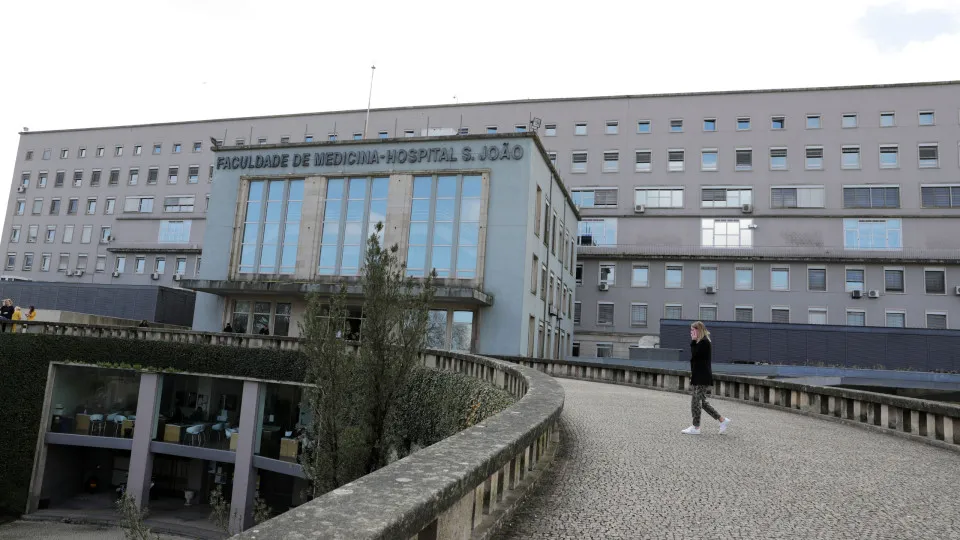
The government “neither opens nor closes the door to revisiting this matter,” stated Maria do Rosário Palma Ramalho to reporters after the social dialogue meeting. This comment came in response to questions regarding whether the government is open to revising the national minimum wage trajectory established in the wage valorization and economic growth agreement for 2025-2028, signed last October by the government, the four business confederations, and the General Union of Workers (UGT).
The agreement revised the national minimum wage trajectory upwards, projecting annual increases of 50 euros to reach 1,020 euros by 2028.
Accordingly, the document suggests that the national minimum wage will increase from the current 870 euros to 920 euros in 2026.
The minister also emphasized that “at the moment” this issue “is not being addressed.” “The government hasn’t closed the door, but it hasn’t opened it either,” she reiterated, stressing that the government “will honor this agreement” and that “the social dialogue is a very dynamic space for dialogue and negotiation.”
It should be noted that the national minimum wage is set by government decree, following consultations with social partners.
From the trade unions’ perspective, the UGT’s secretary-general expressed readiness for a “new strengthening of the current agreement,” emphasizing that “now is the time” for “this evolution” given the economic context, and advocating for strengthening both the minimum wage levels and the benchmarks for the overall wage increase (discussed in collective bargaining).
Mário Mourão further stated that the union will convene its national secretariat on Thursday, where it will present its proposal for the national minimum wage for 2026.
Meanwhile, the General Confederation of Portuguese Workers – National Inter-Union (CGTP) advocates for a minimum wage increase to 1,050 euros in 2026.
From the business confederations’ side, the president of the Portuguese Business Confederation (CIP), Armindo Monteiro, commented that the set goal for the national minimum wage in 2026 represents an “ambitious target,” given that it involves an increase of over 5%, while “the economy is not growing anywhere near that rate.”
When asked if there are intentions to go beyond 920 euros in 2026, he stated that the topic “is not on the agenda.”
The president of the Portuguese Commerce and Services Confederation (CCP) noted that the confederation is “waiting to see how” the negotiation regarding the revision of labor legislation develops, linking these two topics.
“On our part, we have an open stance to consider everything comprehensively,” emphasized João Vieira Lopes, indicating that the CCP is willing to discuss the issue within the framework of a potential labor legislation agreement that could even “involve aspects of income policy.”
On his part, the president of the Portuguese Tourism Confederation (CTP) noted that the value “is already set until the end of 2028,” and, like the Minister of Labor, emphasized that the topic “was not even discussed” in this meeting.
The Minister of Labor, Solidarity, and Social Security also indicated that the next social dialogue meeting is scheduled for October 13, where the discussion of the government’s draft labor legislation revision is expected to resume.




